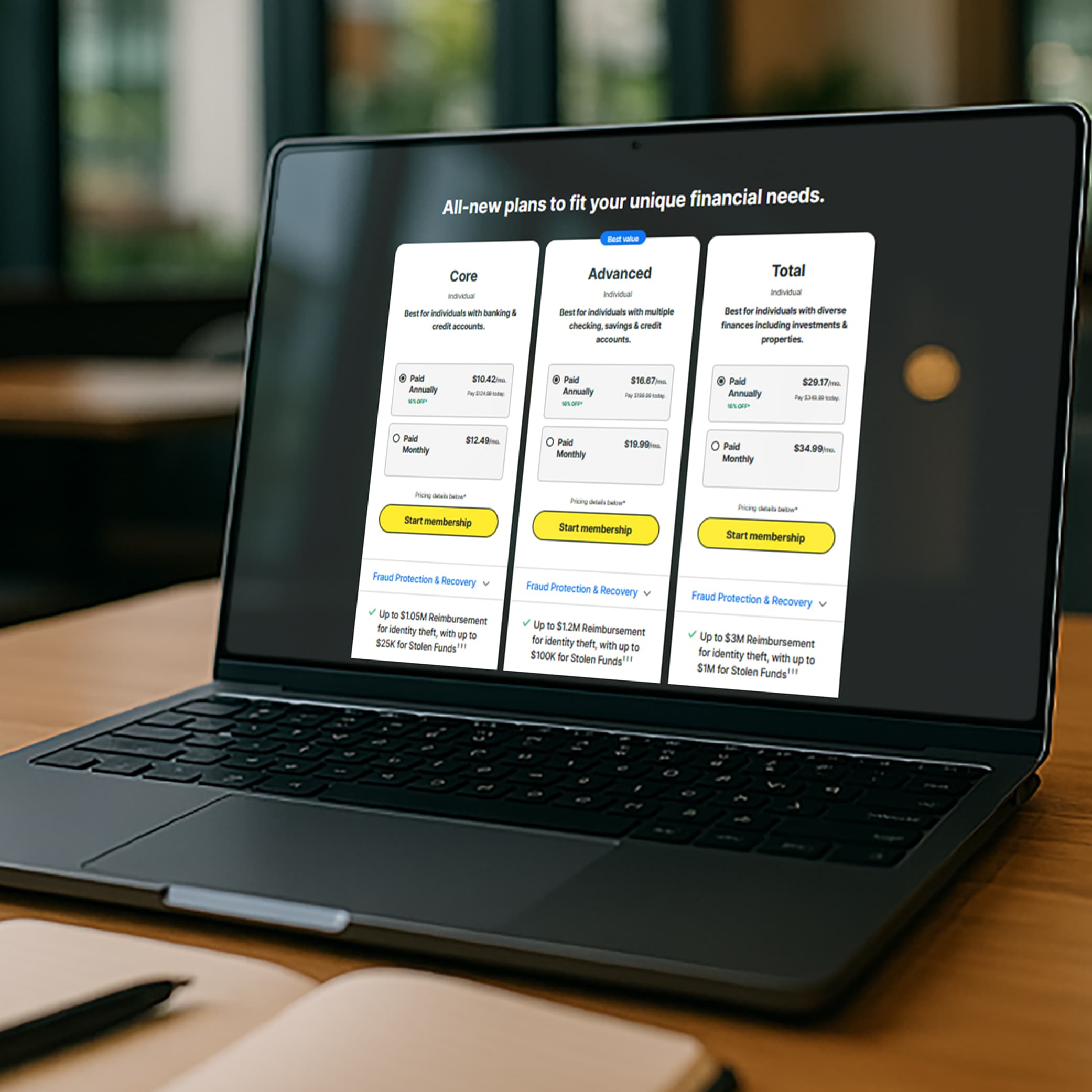- Notify your banks: Before you leave, inform your banks and credit card companies of your travel dates and destination. This proactive communication helps them monitor for any suspicious activities.
- Secure your devices: Ensure that all electronic devices are password-protected, encrypted if possible, and equipped with the latest security software. If available, enable two-factor authentication (2FA) for added security.
Pre-travel preparation
Protect digital belongings
- Use a VPN: A Virtual Private Network (VPN) is a must when traveling. It encrypts your internet connection, keeping your online activities private even when using public Wi-Fi.
- Avoid public Wi-Fi for financial transactions: Refrain from accessing sensitive accounts or conducting financial transactions over public Wi-Fi networks . Hackers often monitor public Wi-Fi in tourist hotspots to infiltrate your private and sensitive information.
Monitor and respond to suspicious activity
- Check statements and set alerts: Regularly check your financial statements and set up alerts for any unauthorized transactions.
- Know how to report identity theft: Be aware of the steps to take if you suspect your identity has been compromised. This includes contacting your bank, filing a report with the local police, and notifying credit reporting agencies.
Additional tips and resources
- Consider travel insurance: Some travel insurance plans offer coverage for losses due to identity theft.
- Use travel-specific apps and services: Leverage apps that enhance travel security, like those that provide real-time safety information and secure messaging.
By implementing these strategies, you help your personal and financial information remain secure, allowing you to focus on the joys of travel.
Editor’s note: Our articles provide educational information. LifeLock offerings may not cover or protect against every type of crime, fraud, or threat we write about.
Start your protection,
enroll in minutes.
LifeLock is part of Gen – a global company with a family of trusted brands.
Copyright © 2026 Gen Digital Inc. All rights reserved. Gen trademarks or registered trademarks are property of Gen Digital Inc. or its affiliates. Firefox is a trademark of Mozilla Foundation. Android, Google Chrome, Google Play and the Google Play logo are trademarks of Google, LLC. Mac, iPhone, iPad, Apple and the Apple logo are trademarks of Apple Inc., registered in the U.S. and other countries. App Store is a service mark of Apple Inc. Alexa and all related logos are trademarks of Amazon.com, Inc. or its affiliates. Microsoft and the Window logo are trademarks of Microsoft Corporation in the U.S. and other countries. The Android robot is reproduced or modified from work created and shared by Google and used according to terms described in the Creative Commons 3.0 Attribution License. Other names may be trademarks of their respective owners.





